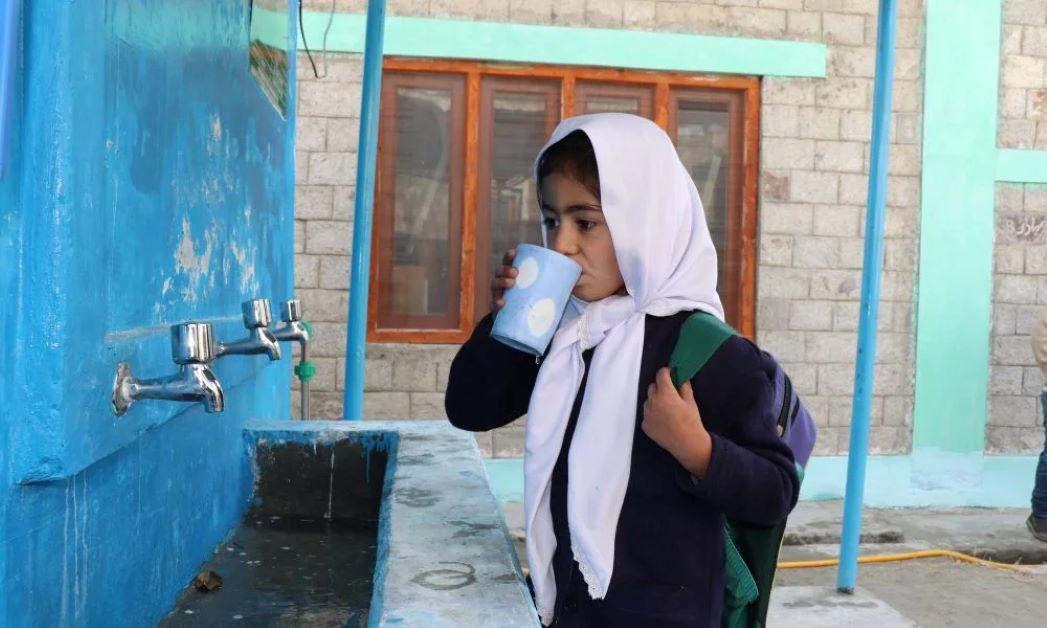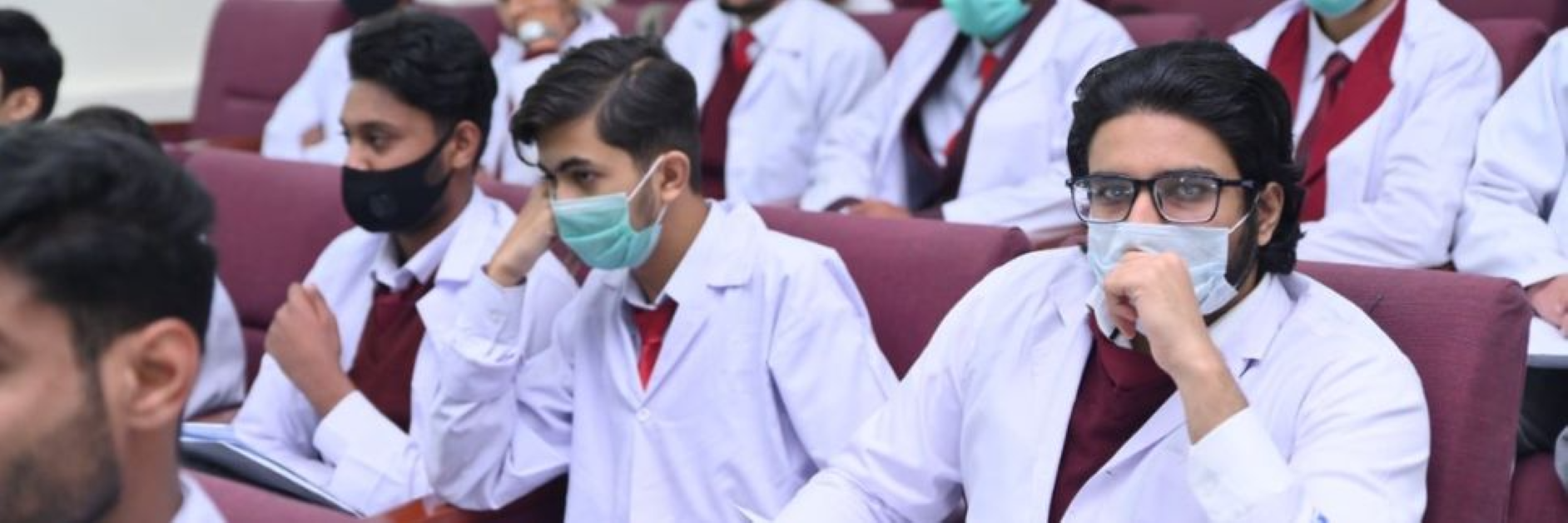In a landmark step towards improving public health and student well-being. The Punjab government has launched an ambitious project to install water filtration plants in educational institutions across the province. With a strong focus on providing clean and safe drinking water, this initiative is set to benefit 3,000 schools and madaris (religious seminaries). To marking a new chapter in the region’s efforts to combat waterborne diseases among students.
The project is being spearheaded by the Punjab Saaf Pani Authority (PSPA), under the guidance of key provincial figures, including Housing Minister Bilal Yasin and Minister for Education Rana Sikandar Hayat. The plan was formalized during a high-level meeting attended by Chairman of PSPA Chaudhry Zahid Akram, CEO Syed Zahid Aziz, and Director General Operations & Maintenance, Zohaib Butt. These leaders emphasized the importance of access to clean drinking water, especially for children and young adults. Who spend a significant part of their day in school environments.
Laying the Groundwork: Initial Phase Begins with Selected Institutions
The first step in this initiative involves a pilot project that will see filtration plants installed in six educational institutions three schools and three madaris. This phase is critical for testing the operational model, understanding logistical needs, and identifying any potential challenges before rolling out the plan across all 3,000 institutions.
Housing Minister Bilal Yasin shared that the pilot phase will help shape a sustainable and efficient approach for future installations. The funding for these plants will come through the cooperation of local councils, ensuring that the project is rooted in community participation. This collaboration not only enhances transparency. Also encourages local ownership, which is key to the long-term success of such public service efforts.
Clean Water: A Health Necessity for Students
Minister for Education Rana Sikandar Hayat expressed deep concern over the rising health issues among students caused by contaminated water. He emphasized that ensuring access to safe drinking water in schools and madaris is not just a commendable initiative, but a necessary one. Unsafe water consumption has led to a significant number of waterborne illnesses among children, disrupting their education and overall well-being.
By installing these filtration systems, the Punjab government is taking a proactive step toward preventing such health issues and fostering a more conducive learning environment. The Minister further stated that the daily operations and security of the filtration plants would be handled by the respective institutions’ administration. This strategy ensures that the plants are managed effectively and remain functional over time.
A Community Focused and Cost-Efficient Approach
One of the standout aspects of this project is its community-based implementation model. The Secretary of Housing highlighted the vital role that the Community Schools Society will play in executing the project. According to him, this organization has the capacity to install filtration systems at 40% less cost compared to traditional government budgeting.
This cost-effective approach not only makes the initiative financially viable but also ensures that resources are utilized efficiently. The Punjab Saaf Pani Authority will provide technical support throughout the process, including installation guidance and periodic inspections to ensure the systems are functioning optimally. Meanwhile, the responsibility for upkeep and maintenance will remain with the institutions, promoting a sense of responsibility and long-term care.
Long-Term Benefits and Broader Impact
With over 3,000 educational institutions poised to receive water filtration plants, the impact of this initiative is expected to be far-reaching. Clean drinking water is fundamental to health, and for students. It translates directly into better attendance, improved concentration, and enhanced academic performance. This project reflects the Punjab government’s commitment to addressing core public health challenges in a practical and sustainable manner.
By involving local councils and school administrations in the implementation and maintenance process. The government is also fostering a collaborative model that ensures longevity and efficiency. Furthermore, the significant cost reduction made possible. By the Community Schools Society allows the province to reach more institutions without overextending its budget.
About ParhloPakistan
ParhloPakistan is an educational platform dedicated to empowering students, parents, and educators. Through timely updates, academic resources, and insightful coverage of developments in Pakistan’s education sector. Our mission is to bridge the information gap and support quality education across the country. Whether it’s updates on new government policies, access to past papers, or helpful guides for students. ParhloPakistan remains committed to delivering reliable and relevant content to its readers. This initiative to install water filtration plants in educational institutions aligns with our core values. We wholeheartedly support such efforts to improve student health and academic performance.
Conclusion
The installation of water filtration plants in 3,000 schools and madaris is not just a public health measure. It’s a powerful statement about the Punjab government’s priorities. It signifies a future where students are healthier, more focused, and supported by systems that care for their basic needs. By combining government initiative, community involvement. Expert technical support, this project sets a strong example for other provinces to follow.
Access to clean drinking water should not be a privilege it is a basic right, especially for children in the learning environment. This initiative is a promising step toward securing that right for thousands of students across Punjab.




